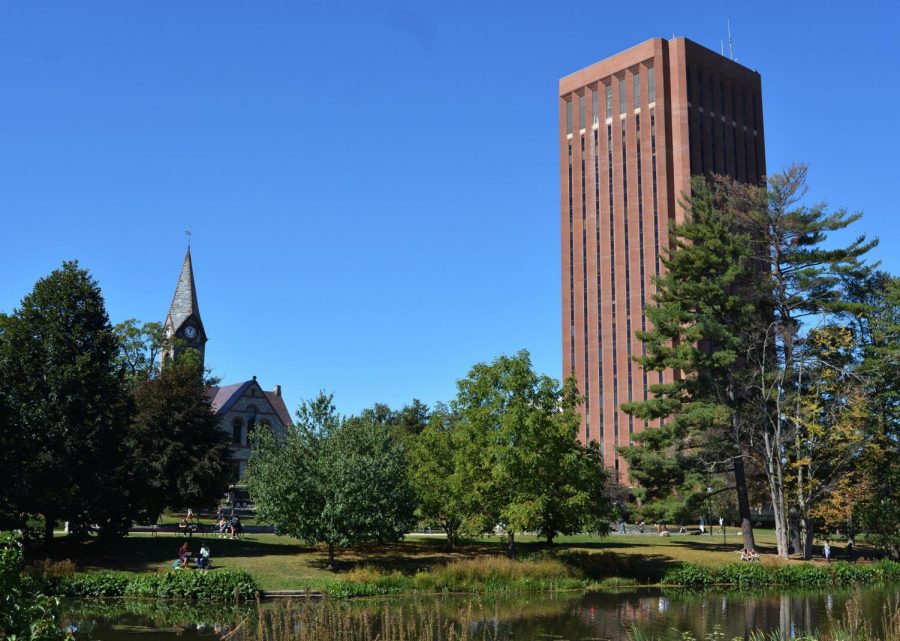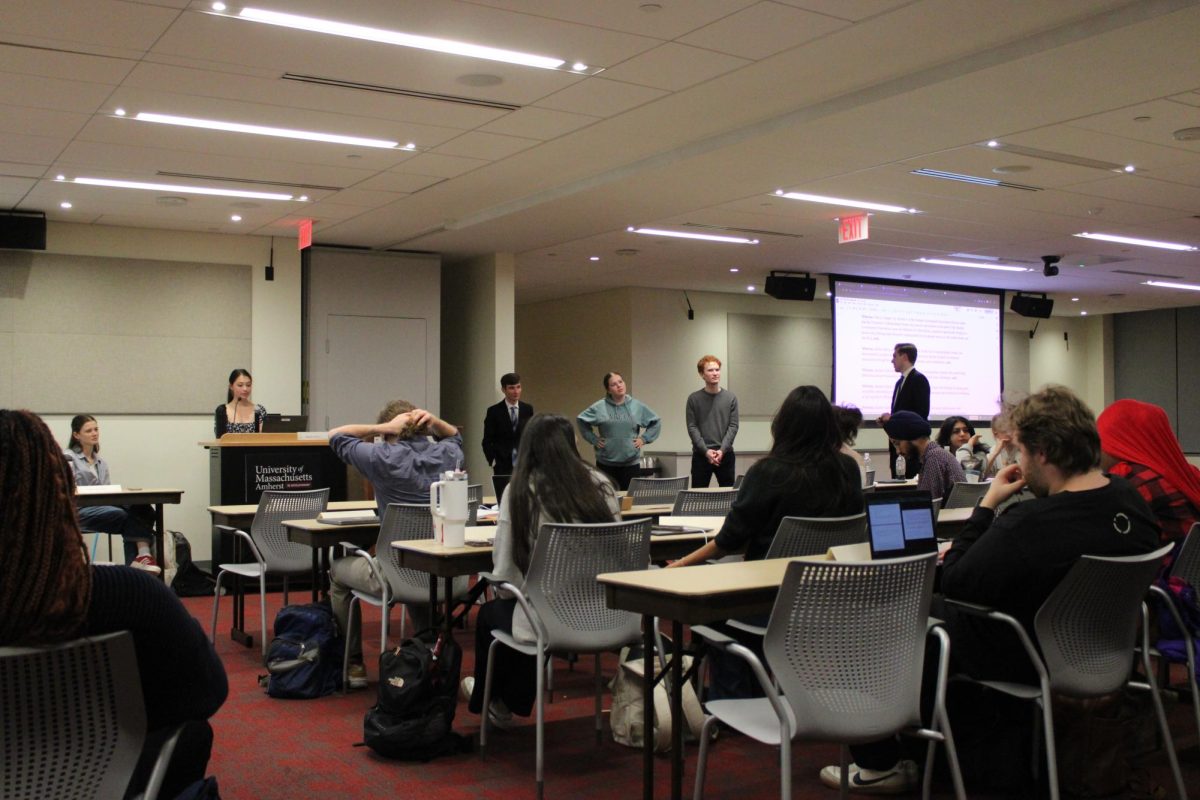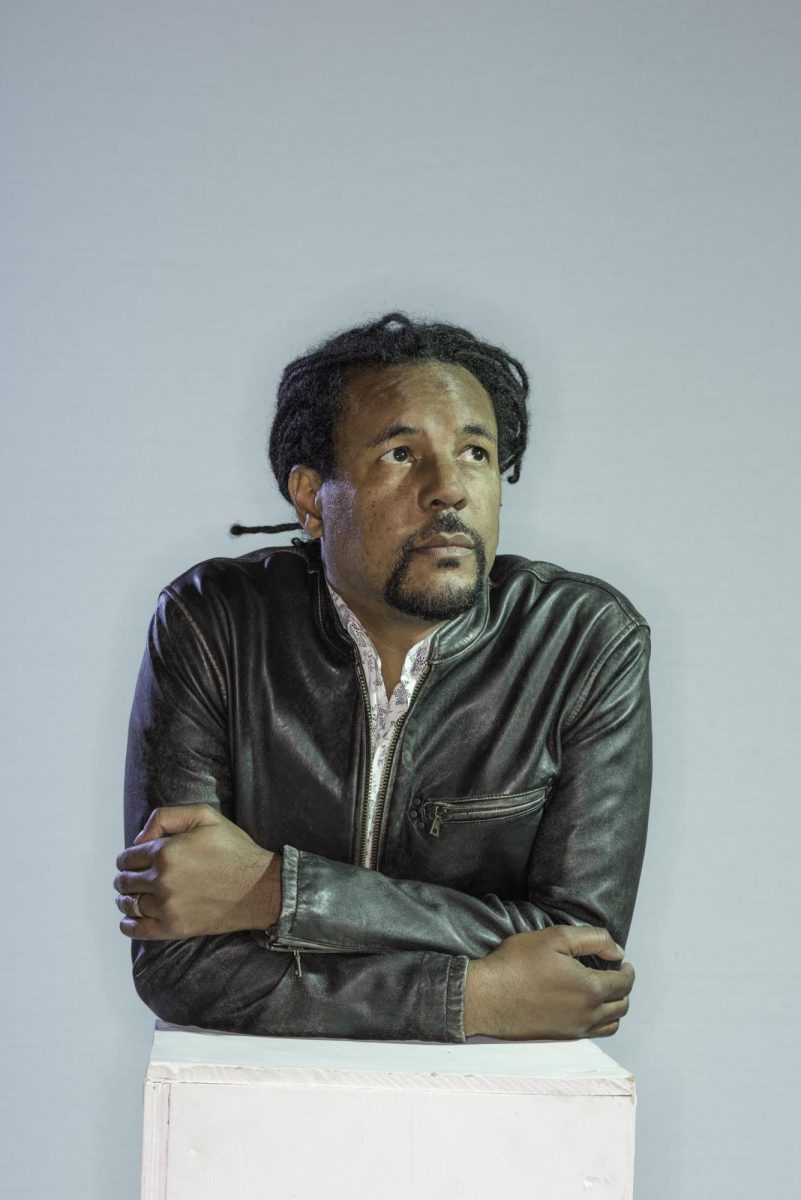The University of Massachusetts’ 2017 Report on Research was published on Jan. 12 by the office of Vice Chancellor for Research and Engagement, Michael Malone.
The annual report, which highlights the University’s major research activities, included ongoing projects by both researchers and students.
A key theme of the report was the University’s continued efforts to involve industry with on-campus research. In the past fiscal year, industry funding for research has increased from around 11.3 million to 16.9 million. Malone explained that the University is “doing more collaborative work…with off-campus partners at other academic institutions or in the private sector.” He highlighted the importance of industry collaboration “in order to increase the societal impact of our research discoveries.”
Trisha Andrew, an assistant professor in chemistry, was featured in the report for her lab’s work in producing wearable electronics. Her work was focused on “organic material that conducts just like metal” with a variety of applications.
Andrew revealed in the report that her lab plans to “create a wide range of heated garments, from face masks to knee braces.” Her lab has already produced self-heating gloves. Other potential applications of the technology include creating power-generating clothing.
An additional advancement featured in the report is the expansion of the Massachusetts Green High-Performance Computing Center in Holyoke. An additional 400 graphical processing units have been added to the installation.
“[The new set of processors is] unusually large for an academic cluster, [but] the GPUs are critical for modern computer science research because of their enormous computational power,” the Report on Research said.
The work of Nilanjana Dasgupta, a social psychologist, was also noted in the report. As an adviser for the National Science Foundation, Dasgupta has advocated for expanding diversity in the nation’s STEM fields.
Young women in engineering majors felt more confident about their ability, a greater motivation…if they had a female peer mentor,” Dasgupta said in the Report on Research.
While the Report on Research emphasized the broad implications of research in the industry, it also described the effects for undergraduate education at the University.
Malone elaborated in the report that “faculty doing cutting-edge research have a very good picture of what is on the leading edge,” reflecting opportunities beyond the University. Malone explained that the presence of a robust research program on campus provides undergraduates with an opportunity to gain experience in the labs.
“I had an undergraduate research experience that completely changed the direction of my own education,” Malone wrote, “so I know how impactful this can be.”
Noah Kouchekinia can be reached at [email protected].



















